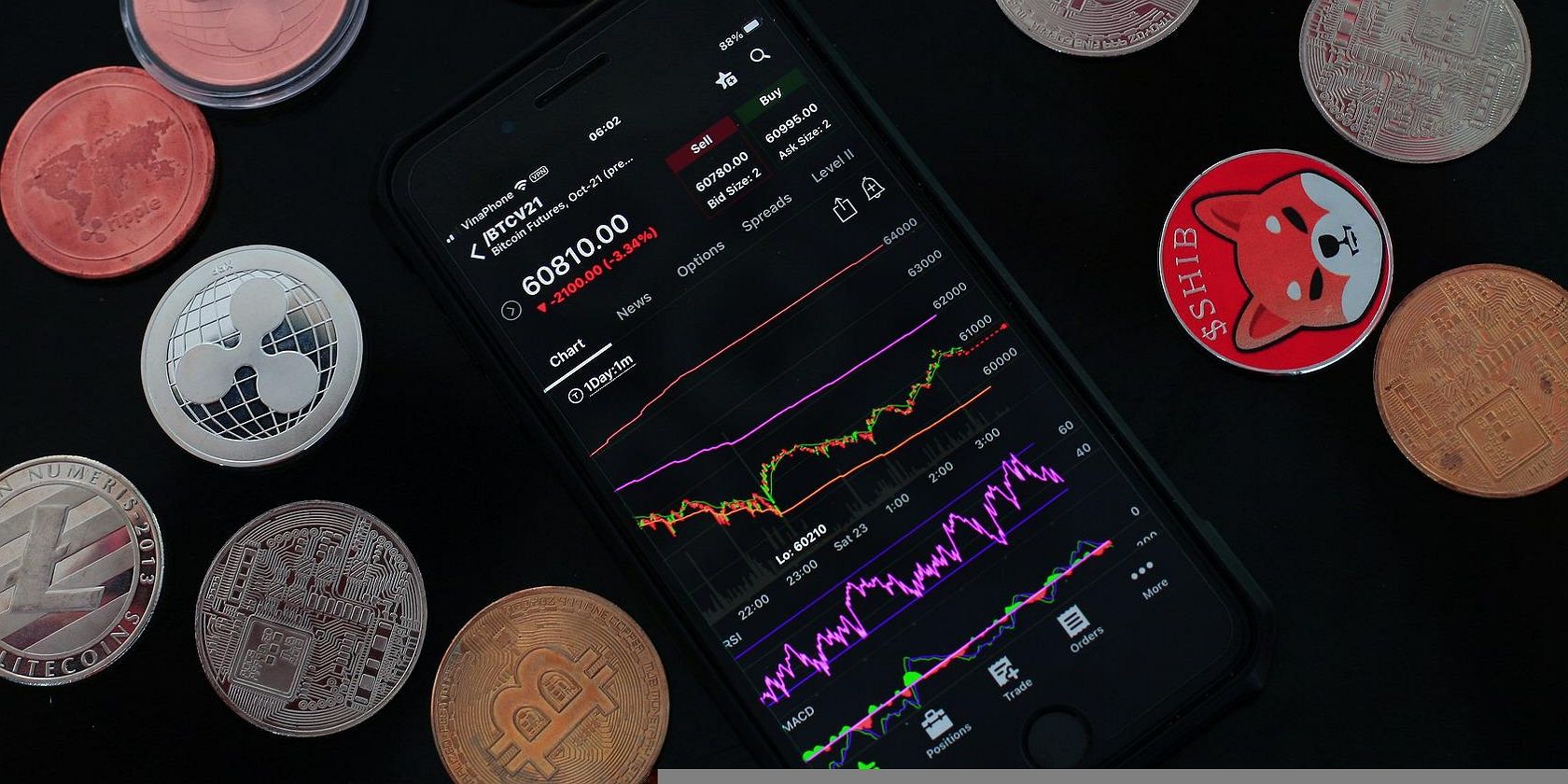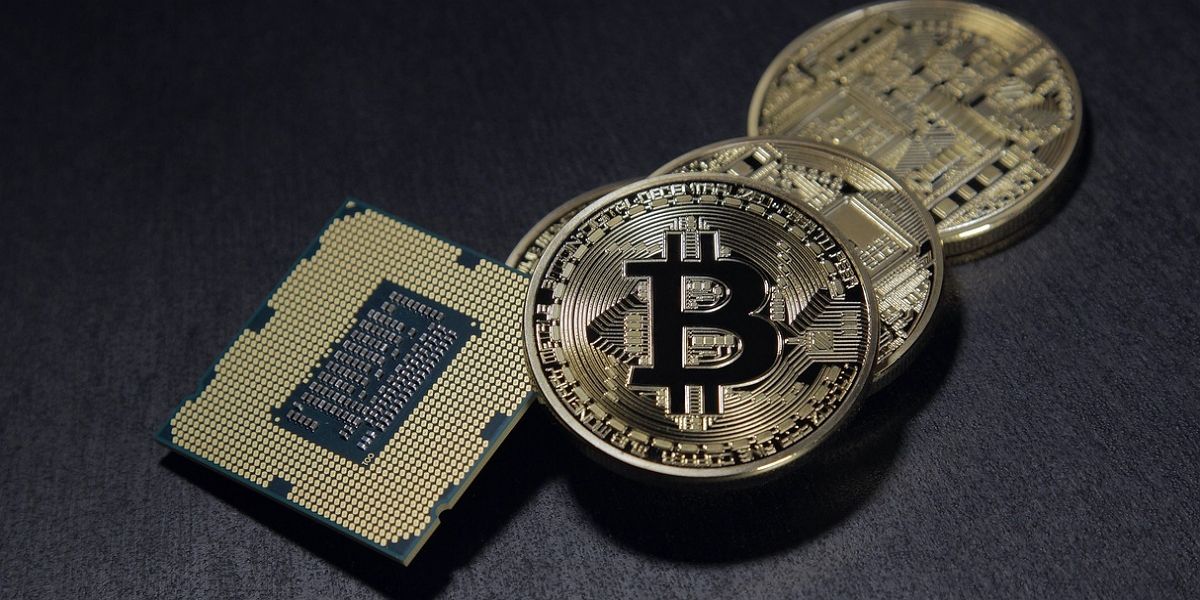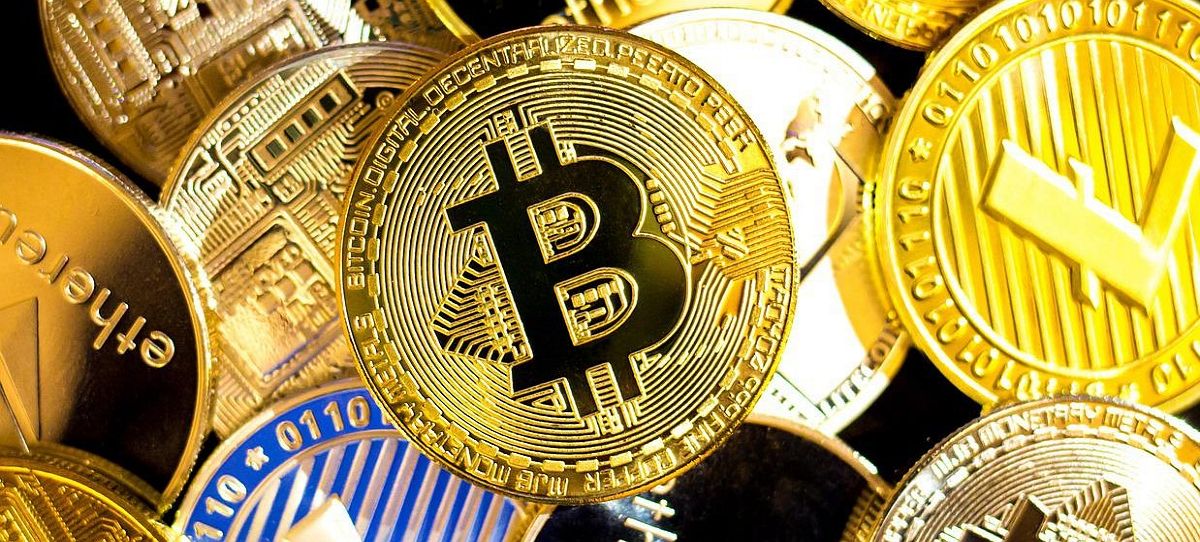There is a long-standing struggle to create a Bitcoin spot exchange-traded fund (ETF). However, only Bitcoin futures ETFs have been approved so far, which leaves Bitcoin investors with more to look forward to.
But why are investors unsatisfied with a Bitcoin futures ETF and still long for a spot ETF? And more importantly, how does a Bitcoin futures ETF differs from a Bitcoin spot ETF?
What Is a Bitcoin Futures ETF?
A Bitcoin futures ETF issues publicly traded securities that offer exposure to the price movements of Bitcoin futures contracts.
Bitcoin futures contracts are agreements between traders to buy or sell Bitcoin at an agreed price on an agreed date, regardless of what happens to the price on or before that date.
The ETF stands for the value of Bitcoin that you can buy or sell based on contract terms. Generally, in crypto futures trading, futures contract traders do not own the underlying asset they buy or sell.
They simply get into a contract to buy or sell at a specified date in the future.
Once the date for the contract is reached, it must be settled based on the terms, and the traders move on to the next contract.
Bitcoin futures contracts are fully regulated by the Commodity Futures Trading Commission (CFTC) and, just like any other regulated contract, must trade on exchanges regulated by the CFTC.
ETFs themselves are regulated by the Securities and Exchange Commission (SEC), and the shares they issue are regulated by the SEC. However, Bitcoin isn’t regulated by the SEC, and some investors are not comfortable investing directly in it because of its high volatility.
Bitcoin futures ETFs grant such investors access to trade Bitcoin contracts without actually holding Bitcoin.
The contract is between two parties to exchange a contract unit, which is currently equivalent to five Bitcoin. The underlying assets within Bitcoin ETFs are linked to Bitcoin futures contracts traded on the Chicago Mercantile Exchange (CME).
The Proshares Bitcoin Strategy ETF (BITO) was the first Bitcoin futures ETF approved by the SEC and has since been listed and currently trades on the New York Stock Exchange. Many more have been approved since the first approval in 2021.
What Is a Bitcoin Spot ETF?
Despite the many approved Bitcoin futures ETFs, the crypto space still looks forward to when the SEC will approve a spot ETF. So what is a spot Bitcoin ETF?
Spot Bitcoin ETFs offer investors direct access to Bitcoin by selling them shares that track the asset’s actual price. Then, they can buy the ETFs on a standard securities exchange at the actual price of Bitcoin.
The direct access to Bitcoin is why the SEC is cautious about a spot Bitcoin ETF that exposes investors to the cryptocurrency and its numerous pitfalls.
The regulator is therefore bent on ensuring that the crypto market is regulated so that there are no frauds and scams that can hurt investors.
This means that to get approval for a spot Bitcoin ETF, crypto exchanges must provide transparent data of their customers so that any infringement can be easily traced. Exchanges like Coinbase already report to the IRS, though.
However, crypto supporters think this violates the idea behind cryptocurrencies in general and Bitcoin in particular, which makes it difficult to reach an agreement with the SEC.
This is not the case with futures Bitcoin ETFs, which explains why there are many out there while not even one spot ETF exists.
How Do Bitcoin Futures and Spot ETFs Differ?
The major difference between a futures Bitcoin ETF and a spot Bitcoin ETF is ownership. In a futures ETF, traders don’t own any bitcoin. Instead, they only need to enter an agreement about the price of bitcoin on a certain date in the future.
Whereas a Bitcoin Spot ETF requires investors to actually buy Bitcoin, which they can later sell as they wish.
Secondly, a spot Bitcoin ETF allows investors to buy shares based on the actual price of Bitcoin at the time of the trade, while a futures Bitcoin ETF will trade based on the price of Bitcoin futures contracts (i.e., the price when the contract expires and becomes due).
Bitcoin Futures ETF vs. Bitcoin Spot ETF: Which Is Better?
Since spot ETFs confer ownership, investors may prefer it to the futures Bitcoin ETFs. However, both futures and spot Bitcoin ETFs offer investors some form of access to Bitcoin.
Investors can invest in spot Bitcoin ETFs and track their investments based on Bitcoin’s actual market price. This makes it an easier option to track than futures Bitcoin ETFs, which are priced based on how futures contracts are traded.
The price of the contracts can be significantly different from the actual price of Bitcoin, making it not ideal for the ordinary investor without any knowledge of crypto.
On the positive side, a futures Bitcoin ETF streamlines the process of buying the ETF and allows investors to bet on whether the price of Bitcoin will go up or down.
Nonetheless, the success of a futures Bitcoin investor depends on the ability of the ETF to accurately track the price of Bitcoin, which isn’t always the case.
For spot Bitcoin ETFs, investors buy Bitcoin based on the current price. Therefore, there are hardly any price tracking errors, as the price of the asset is the same as that on the market.
Another advantage of Bitcoin futures ETFs is that, because the price is agreed upon in advance, there are no concerns about volatility. Whatever happens to the price of bitcoin does not affect the agreement, so this eliminates the fear of volatility.
For spot Bitcoin ETFs, the concern for volatility remains because the investment is based on the direct price of Bitcoin, which is subject to volatility.
Ultimately, it is up to the investor to choose. Still, crypto proponents believe that a spot Bitcoin ETF is what the industry needs to bring on more institutional investors, which is critical to its much-needed growth.
Which Do You Prefer?
Now that you know all about futures and spot Bitcoin ETFs, what do you consider a better choice for investing in Bitcoin? Would you like to speculate on the price of bitcoin, or you prefer to own some piece of it with a spot ETF?
The information on this website does not constitute financial advice, investment advice, or trading advice, and should not be considered as such. MakeUseOf does not advise on any trading or investing matters and does not advise that any particular cryptocurrency should be bought or sold. Always conduct your own due diligence and consult a licensed financial adviser for investment advice.










